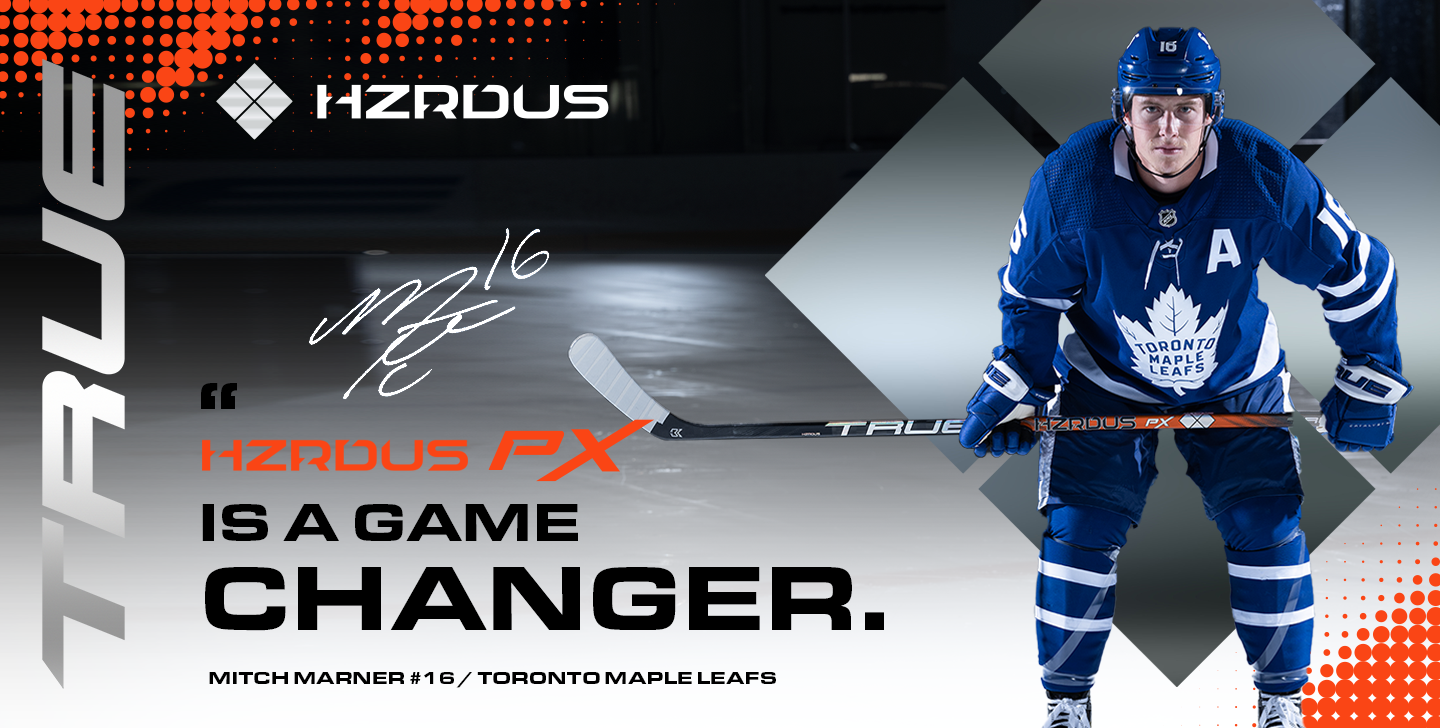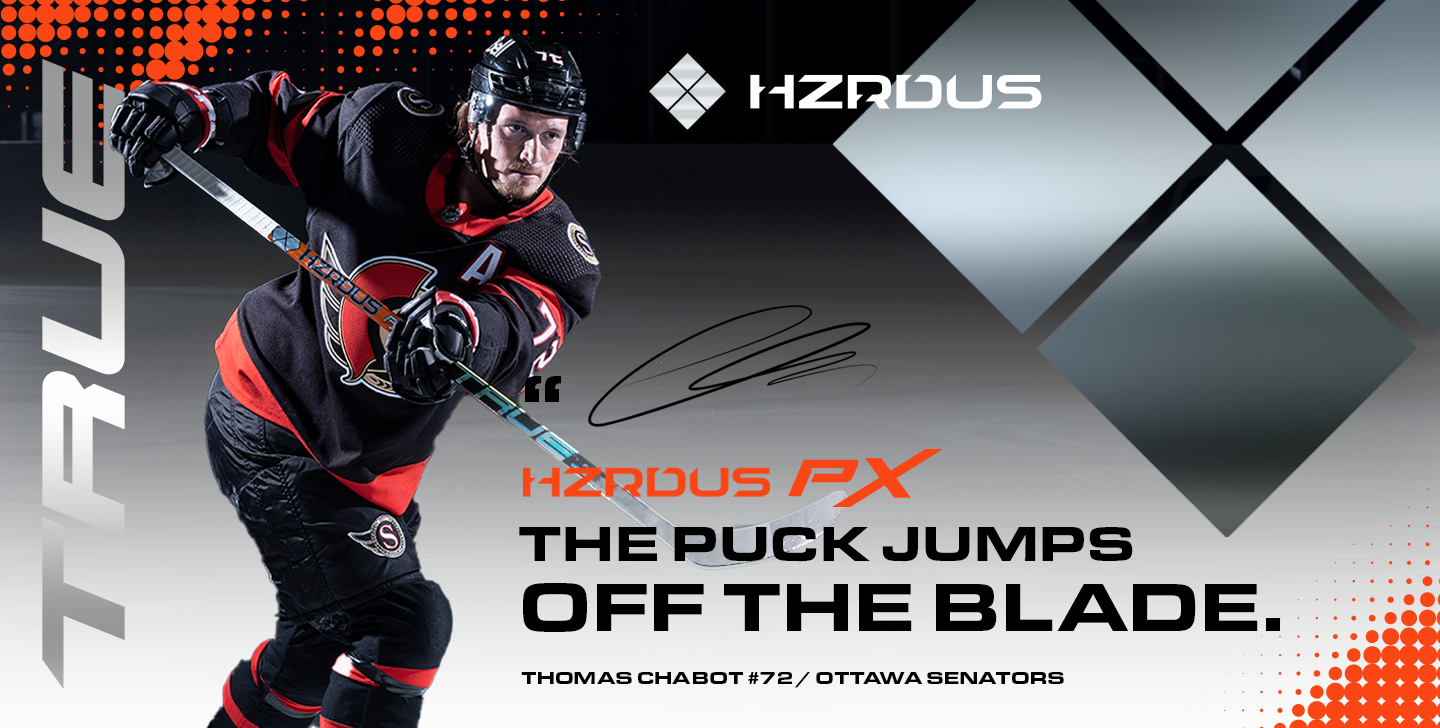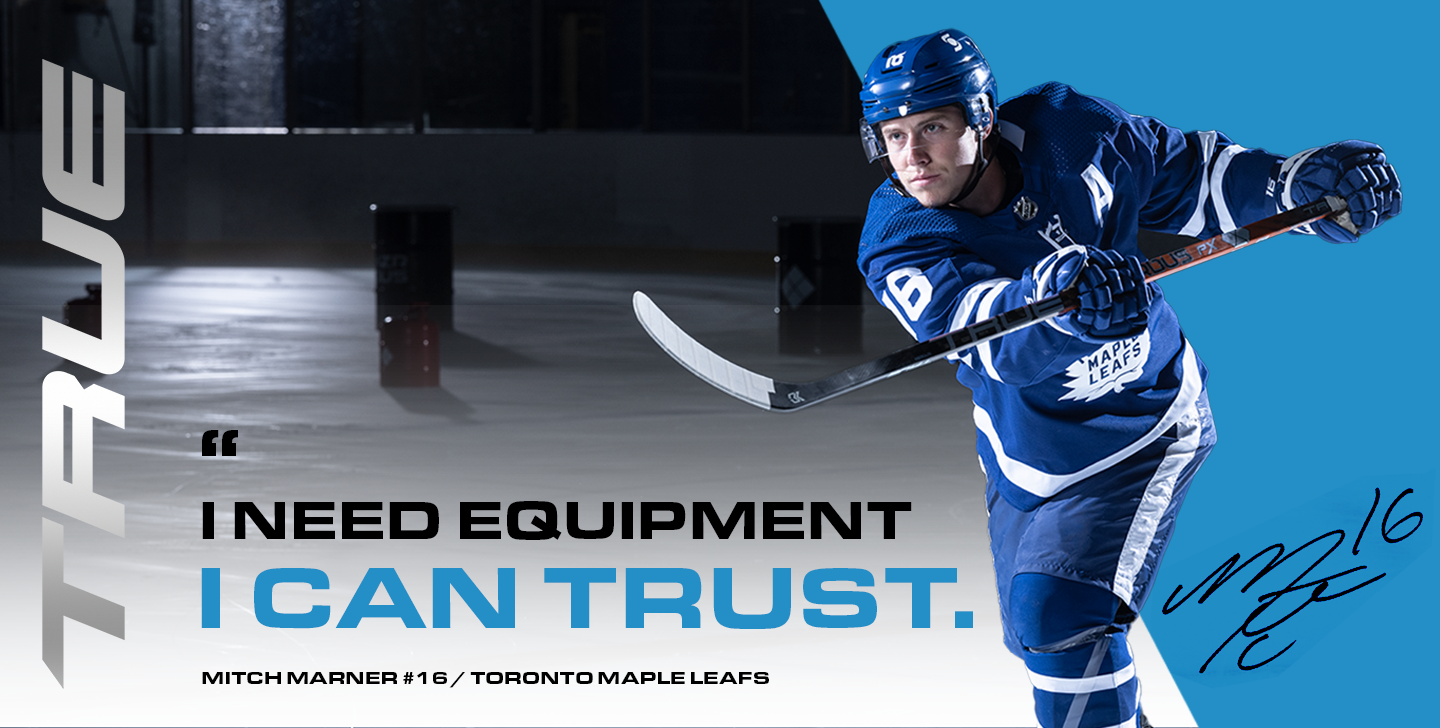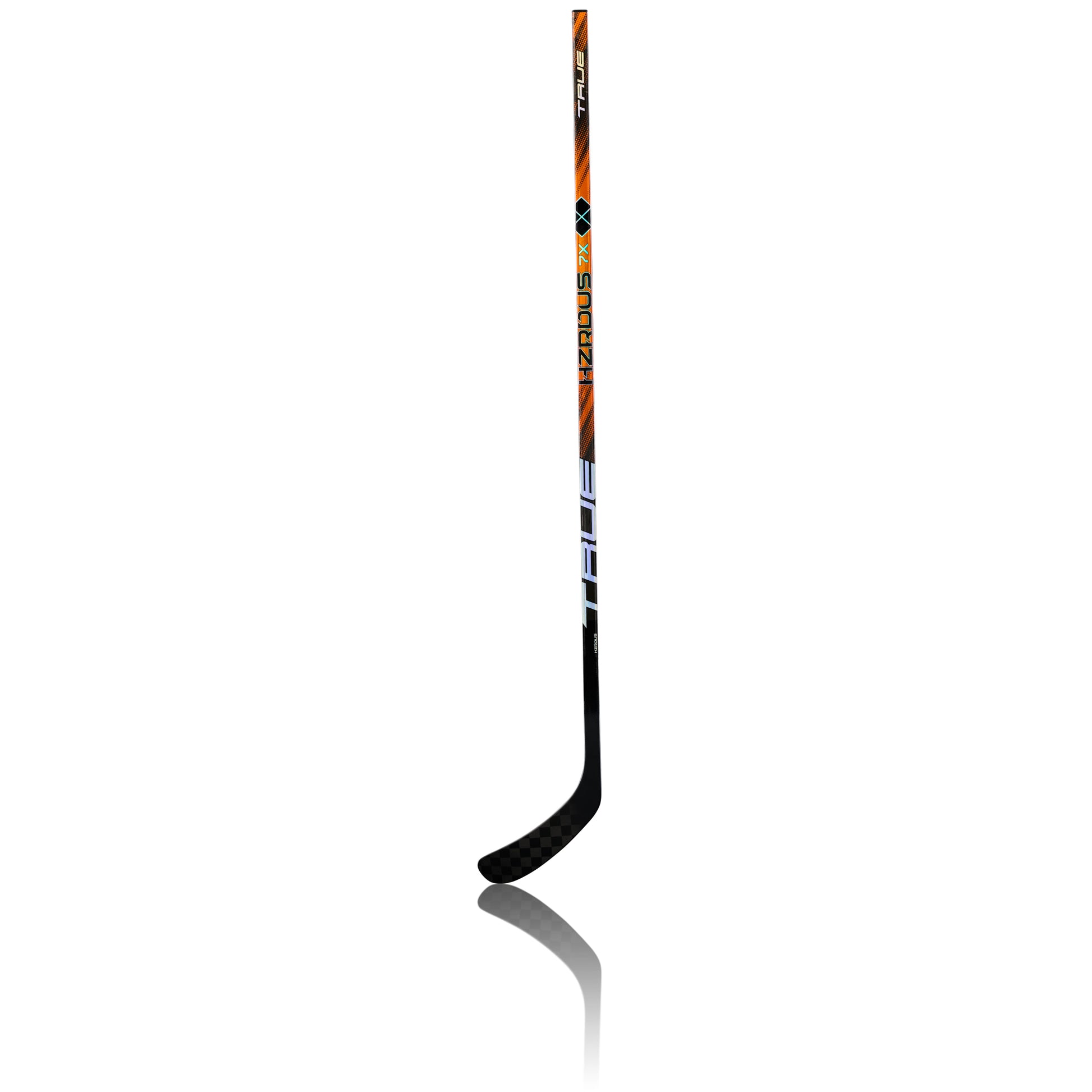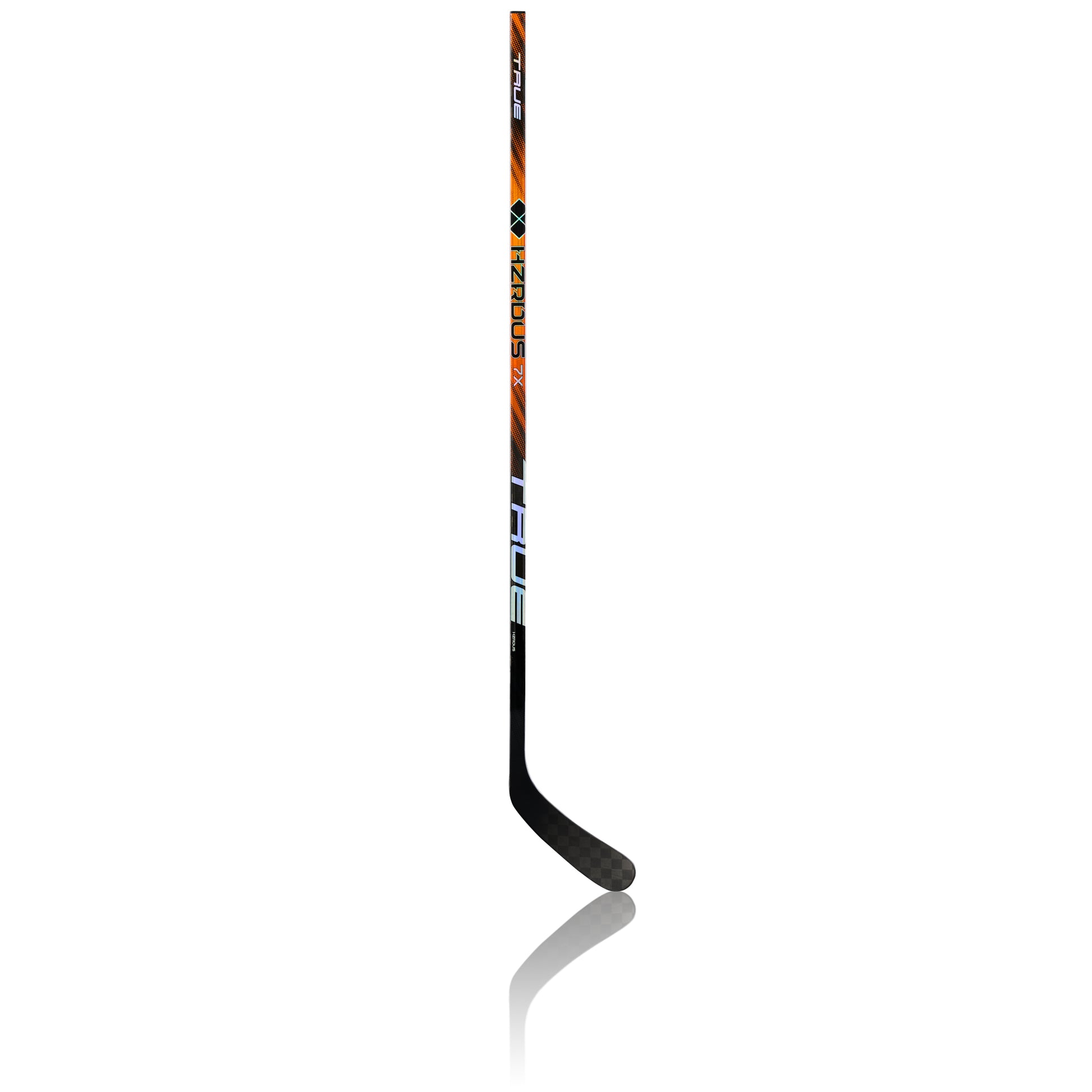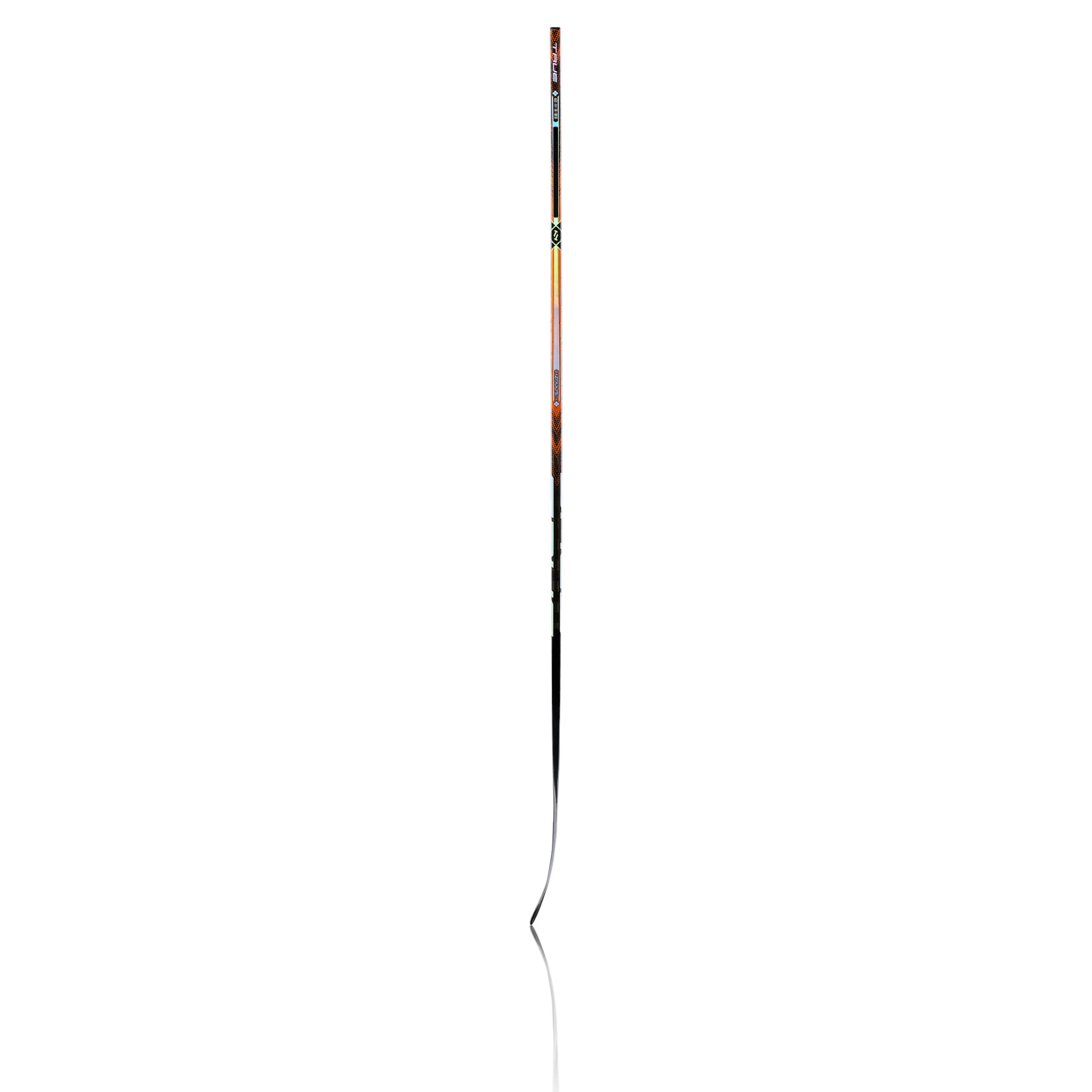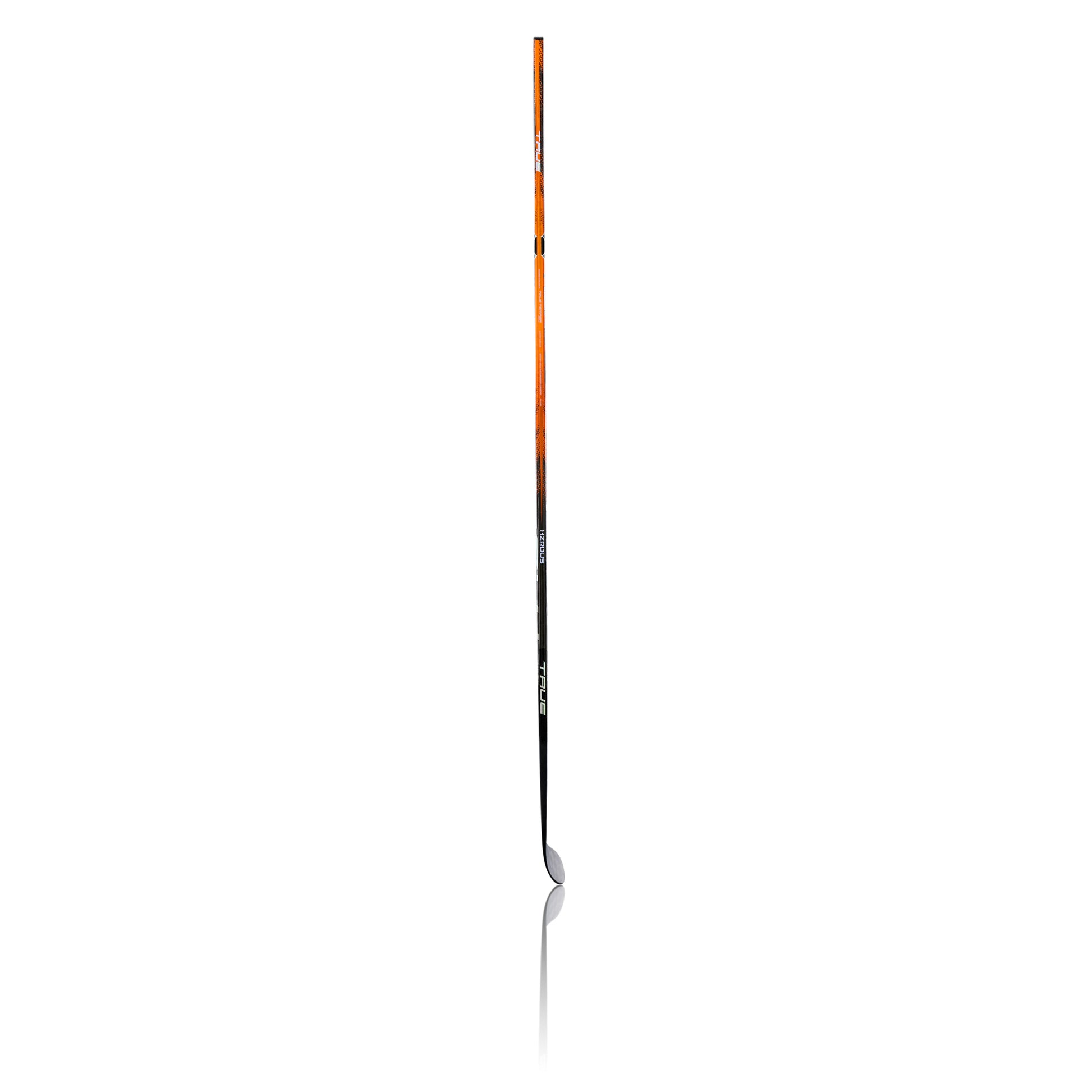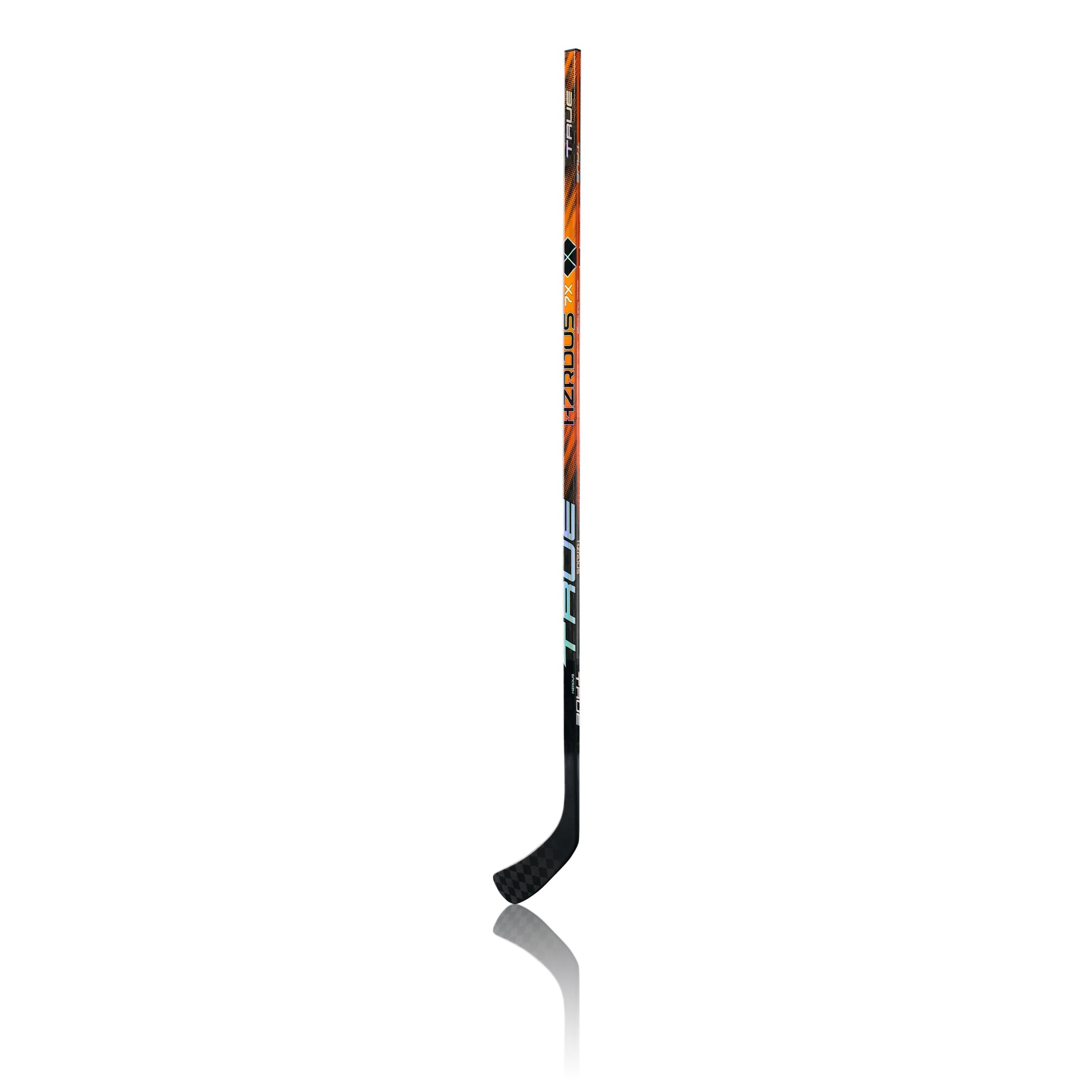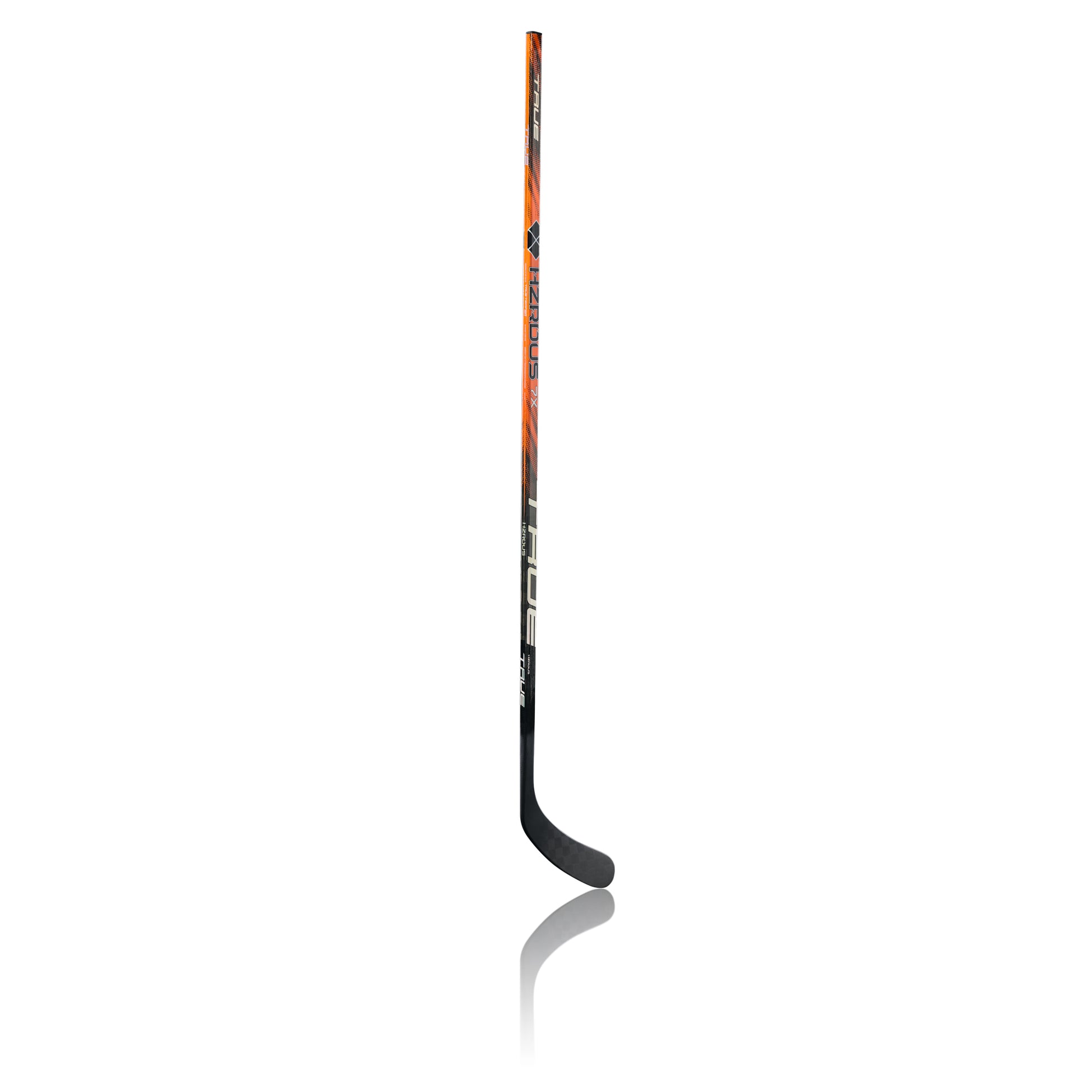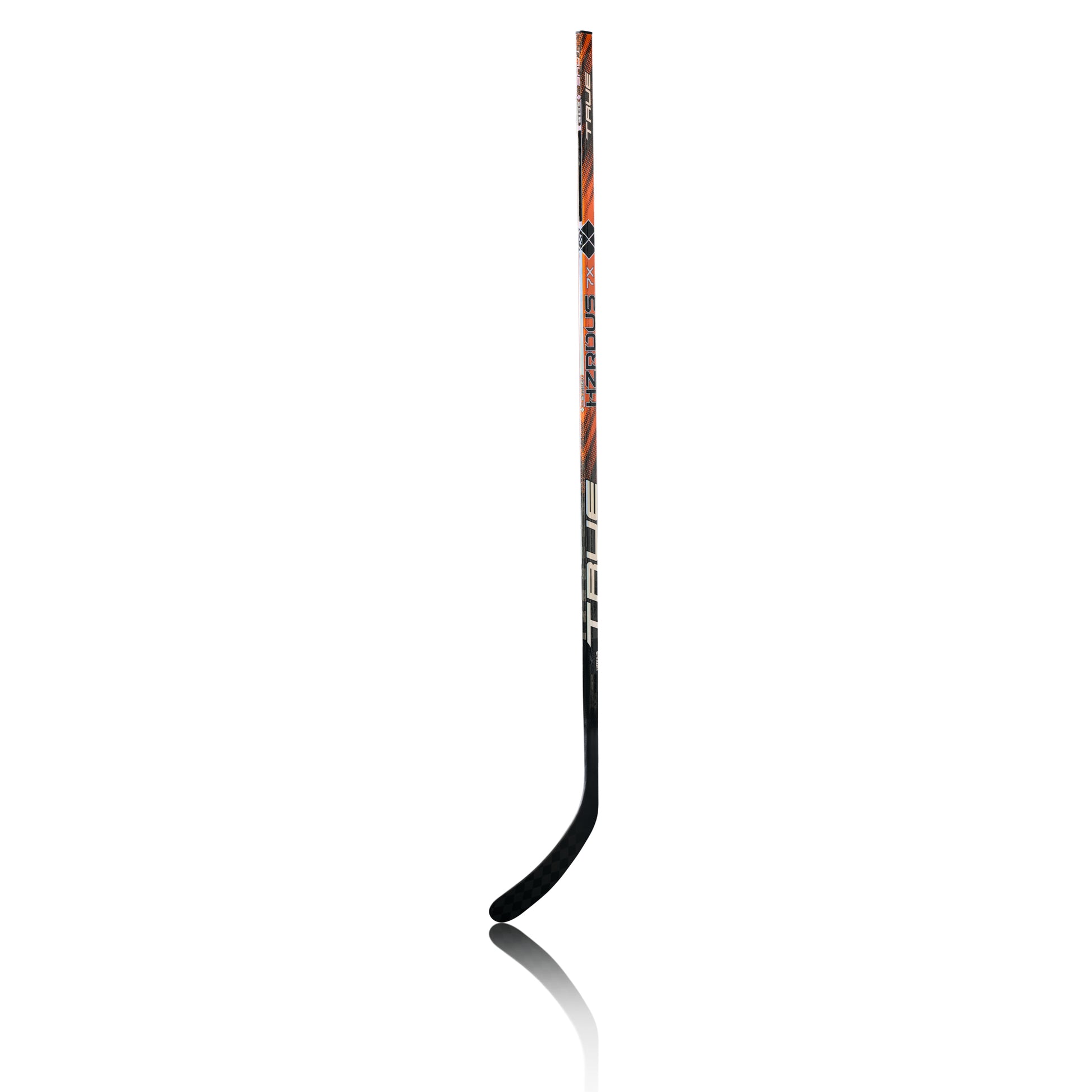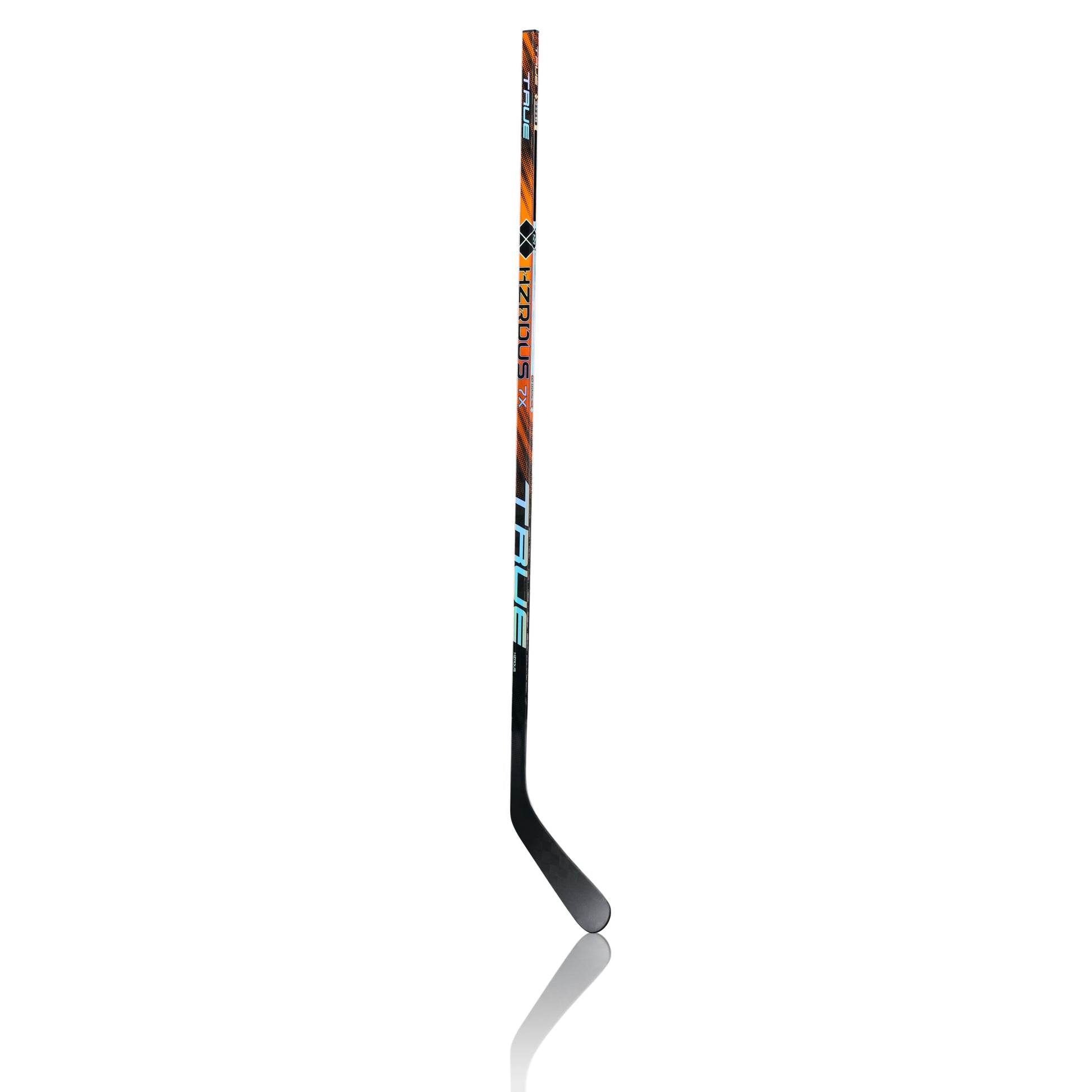TRUE HZRDUS 7X Hockey Stick Senior
TRUE HZRDUS 7X Hockey Stick Senior
Couldn't load pickup availability
Usage level
Usage level
Advanced
Racket weight
Racket weight
390g
Club length
Club length
60" - 152cm
Kickpoint
Kickpoint
Low Kickpoint
Inclination table
Inclination table

THE BEST TEAM STICK IN THE CATEGORY.
Sharing







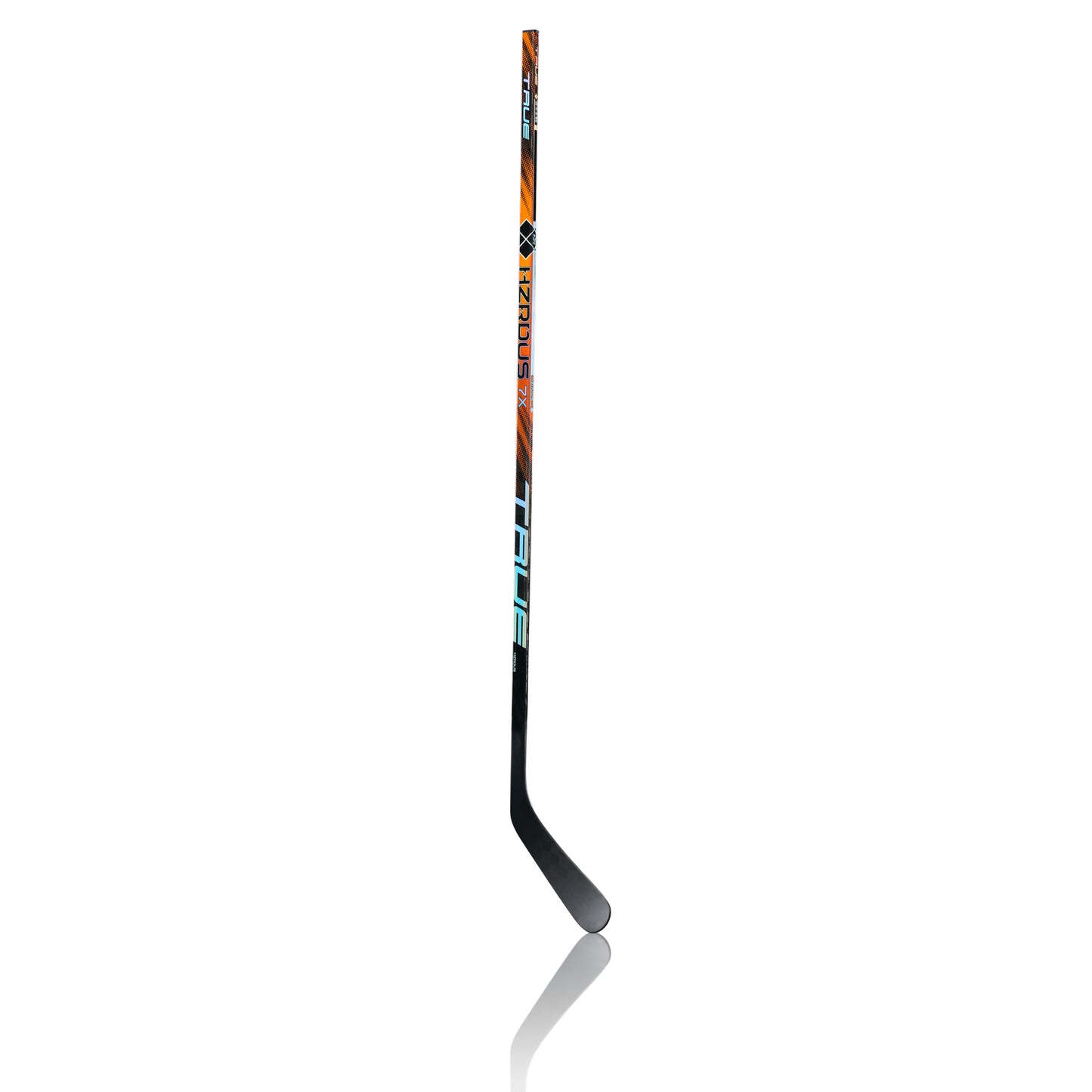
Basic concepts and information
Collapsible content
Flex
Players want the stick to be fully bendable. If a stick is too soft, the resulting shot will be inaccurate and weak. If the stick is too stiff, there will be no power behind the shot. Think of Flex as a pound of force. This is the number of pounds that must be placed in the rod to fully bend it. A 40-flex racket is generally ideal for a 40-kilogram child.
Tendency
Hockey stick pens all have a curve that affects puck control, shot performance and accuracy. They can be classified into three types (Heel, Toe, Mid). Defenders are typically the Heel, which curves from the heel of the club. The strikers are the Toe, which are at the beginning of the pen, and the Mid bends represent the balance of the two, and the curve starts in the middle of the pen. The most common choices are P92, W03, TC2.5, P29
Kick point
The Mid-kick rod has a stiffer bottom and top, so it bends more in the middle of the shaft. These sticks have a longer charge time but provide a more powerful shot, perfect for players who take a lot of click shots and players who use their whole body for a shot.
Low-kick sticks have a softer lower part of the club and a stiff middle and top of the shaft, so the bottom of the shaft bends closer to the feather of the club. These clubs have a much faster release, which is perfect for close body shots, snap shots, quick draws and wrist shots.
Club length
To determine the reference height, stand with your shoes off and the stick against your body with your toes on the ground. As a general rule, we recommend that the stick comes between your mouth and nose. For children or players who are still growing, the maximum height we recommend is eye level.
The length of the club is measured from the point of contact of the corner of the feather with the playing surface to the top of the shaft.
Strike catch
There are two ways to hold the racket. One is when the pen of the club is located on the left side of our body. In this case, our left hand is lower. The other is when the pen is on the right side of our body, in which case we hold the club lower with our right hand.
How to choose a racket?
When sizing a hockey stick, length is usually a preference. The rackets are available in Senior, Intermediate, Junior and Youth lengths with corresponding flex options. To choose the right size, you need to consider the weight and height and the person we are buying for to choose the right size. Intermediate, Junior and Youth hockey sticks have smaller shafts, making it easier for young players to hold and control them.
Customizing the length of the racket As mentioned, length is very much a personal preference. To determine the reference height, stand with your shoes off and the stick against your body with your toes on the ground. As a general rule, we recommend that the stick comes between your mouth and nose. For children or players who are still growing, the maximum height we recommend is eye level.
You can always cut from the length of a club. However, choosing a hockey stick that is too long or has the wrong flex can hinder performance. For kids, the Junior, Intermediate and Senior rackets are all roughly standard lengths. In some cases, each Junior flex will be a different length club. Look at each one and compare the height of the player you are buying for.
Every hockey player has a different preference when choosing a flex. You can think of flex numbers as pounds of force. A racket that is too stiff or too soft can hinder performance in its own way.
